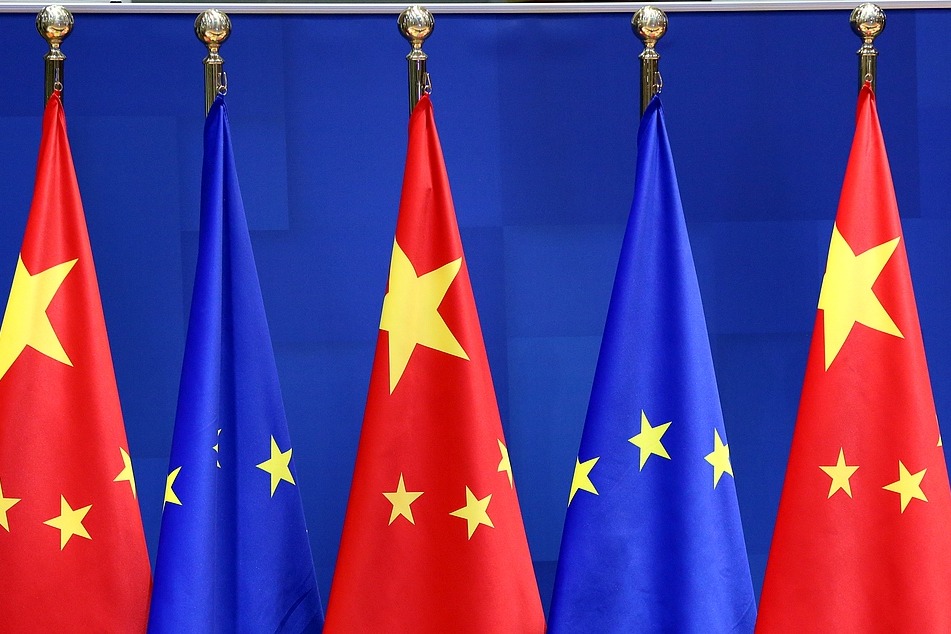Planet Earth's wonders set to dazzle


Nature lovers around the world will be taken on "an extraordinary magic carpet ride to the four corners of the globe" in the latest landmark BBC natural history series, Planet Earth III, which hit screens across China on Sunday.
Viewers in China can see through Shanghai Media Group's Docu China for linear and through iQiyi, BesTV, Bilibili, Tencent Video, Youku and Migu Video.
The eight-episode third installment in the award-winning series, which took five years to make, rather than the scheduled four, comprised 1,904 days of filming on 134 shoots in 43 countries across six continents.
"With amazing stories of animal drama, whether it's 2 miles (3.2 kilometers) down at the bottom of the ocean or being 60 feet (18.2 meters) up in a tree in Africa with a leopard waiting for its prey, it's all extraordinary," said series executive producer Mike Gunton.
The eight episodes, introduced by legendary veteran wildlife broadcaster David Attenborough, who is still actively working at the age of 97, are titled Coasts, Ocean, Deserts and Grasslands, Freshwater, Forests, Extremes, Human and Heroes. Gunton said this reflected the very obvious way in which the natural world has changed in recent years.
"The program does, of course, have the DNA of Planet Earth I and II, but Planet Earth III looks at the world through a different prism," he said.
"The context is that humanity is now such a powerful force that it, we, impact nature in extra profound and surprising ways. How does nature respond, these are the stories, and where is nature at its most vulnerable? I think (the series) will amaze you and be thought-provoking."
Planet Earth II was made in 2016, and Gunton admitted that when it won a top prize from the British Academy of Film and Television Arts, the first thing journalists said to him, rather than congratulating him, was to ask when the third installment would happen.
"Now feels like the right time," said series producer Matt Brandon. "The impact of humanity can be felt in every habitat across the world, and it's fair to say the planet has changed more in the last few decades than in any time observed in human history.
"It's the perfect time to show the new challenges wildlife faces in the modern world — some animals simply can't keep up with the pace of change, but many adapt in the most incredible ways."
































